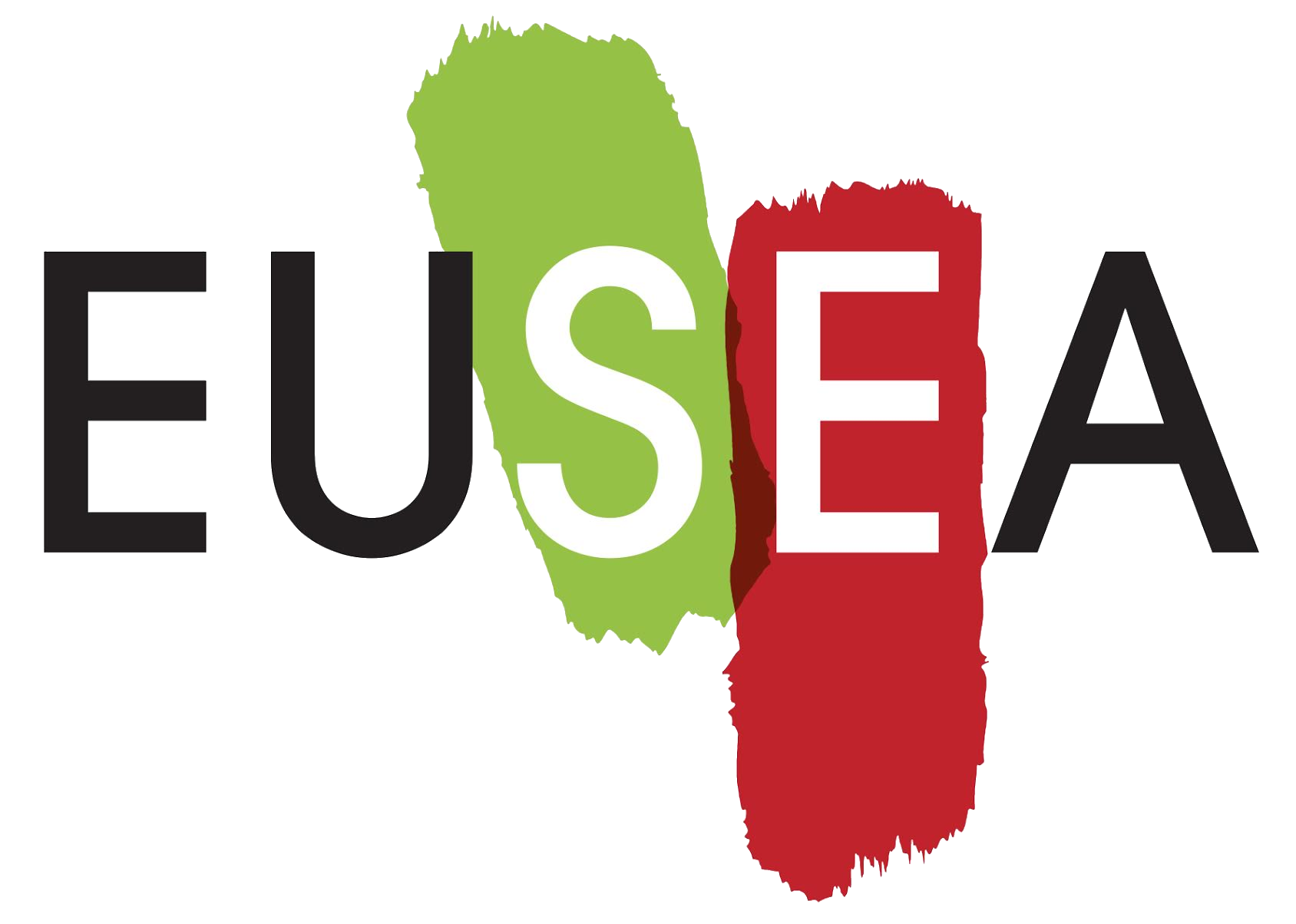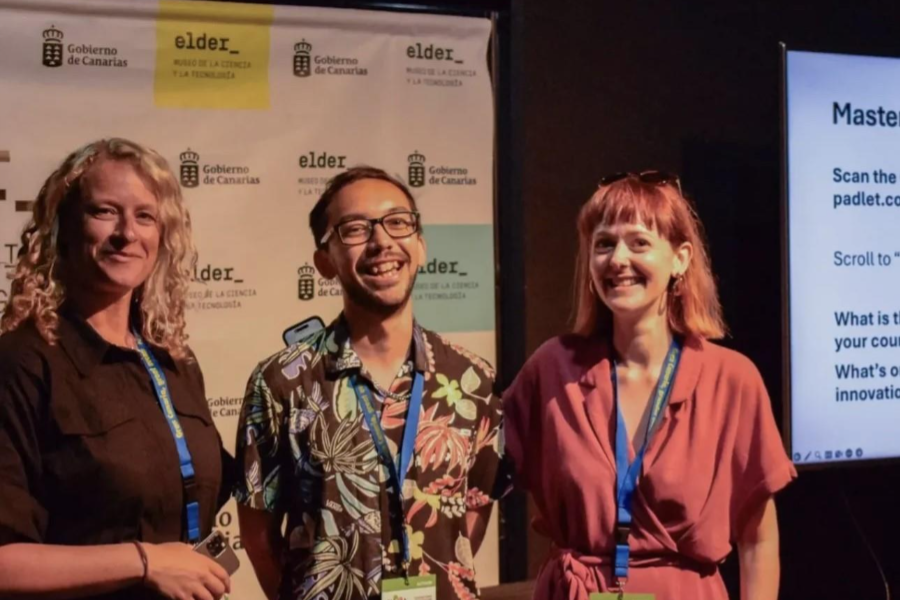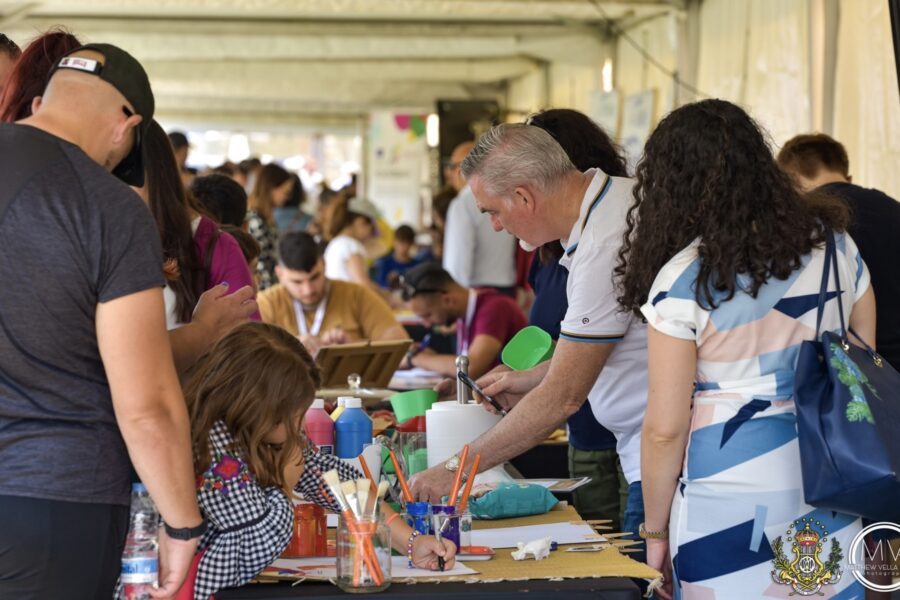“For us, engagement with science isn’t just about inspiring future scientists – it’s about creating active, questioning citizens who ask for evidence, challenge misinformation, and make better-informed decisions in their daily lives.”
Can you tell us a bit about yourself and your organisation?
My name is Jackie Gorman, and I am CEO of Midlands Science. We are a science outreach organisation which provides a variety of ways for people of all ages and backgrounds to engage with science in the Midlands region of Ireland. This includes everything from workshops with pre-schoolers to public events on everything from music to menopause!
We run a free outreach programme to schools and youth groups all year round, and also a regional science festival during National Science Week in Ireland and other activities. This includes Engineers Week and Maths Week activities and a range of projects focused on everything from climate change to disinformation online.

What first brought you to EUSEA, and how has your journey with the network evolved?
We joined a number of years ago, and it’s a great way to connect with other people in the science communications community. It’s a great way to share practice, resources and information and to learn from others, whilst recognising that there will be some differences stemming from where people are coming from in terms of either location or topics they focus on. There is, nonetheless, a common thread of valuing the vital role which engagement with science has for society.
Looking back, what’s one of your most memorable moments with EUSEA?
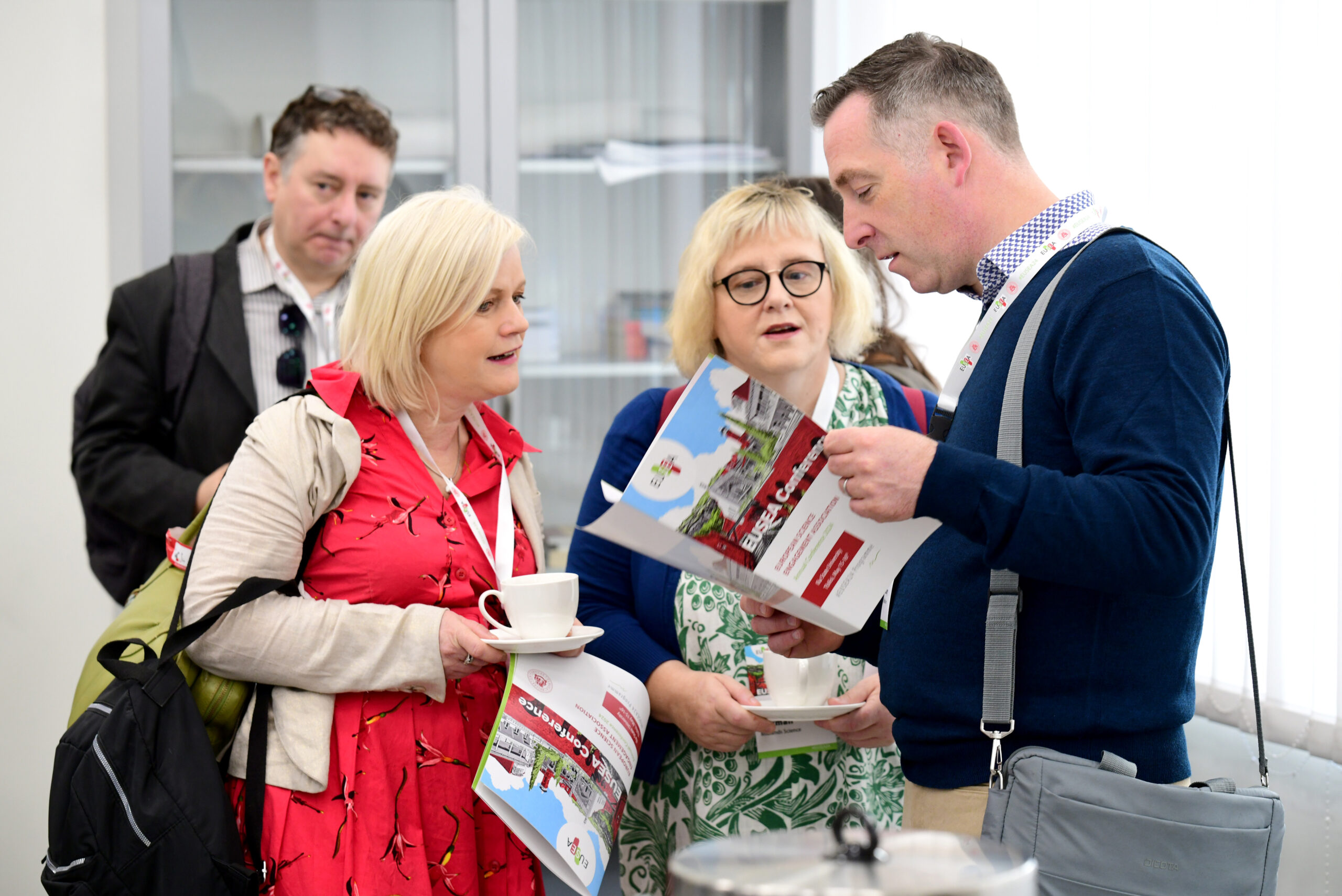
Attending the EUSEA Conference last year in Georgia was a standout moment, as up to the week before, many people were unsure if they would travel given the volatility of the political situation at the time. Having gone there, I got the sense that people in Georgia hosting the event really valued attendance at the conference, and it was certainly an interesting time to be there and to hear about the great science outreach work being done there.
What drives the work you do, and what kind of impact are you aiming to create?
We aim to provide a range of ways for public to engage with science in a way that is appropriate for them. This includes hands on workshops, discussion and debates and sharing of resources, with a keen awareness of the need to tailor resources to different communities. We have adopted some new processes in the past year in terms of accessibility and inclusivity, and this includes everything from the use of Plain English, Universal Design for Learning approaches and making some resources available in the Irish language.

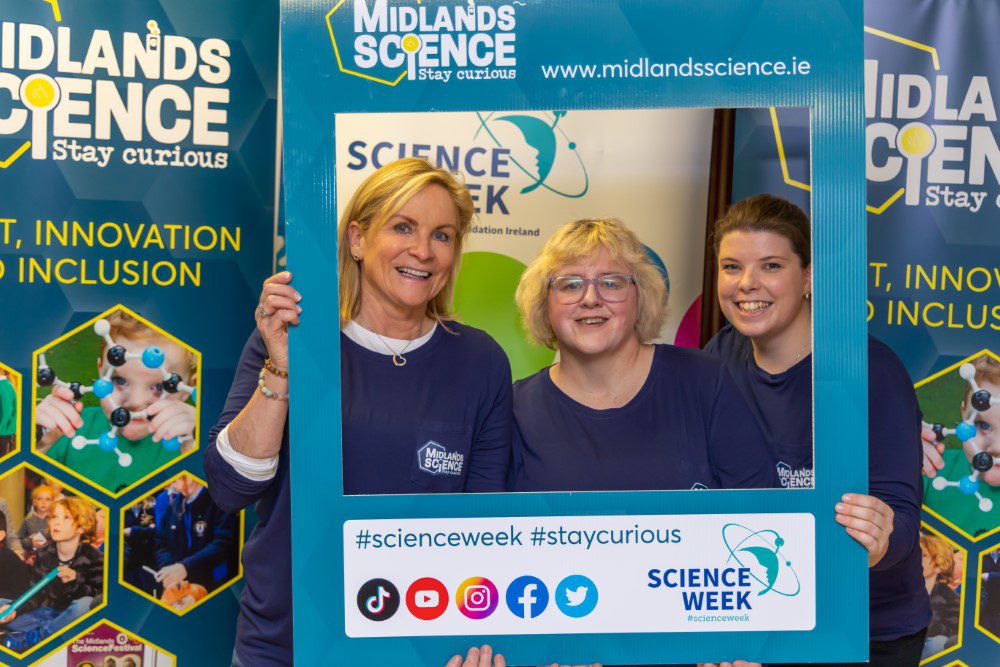
We have a Theory of Change for our organisation, and this underpins everything we do and also how we evaluate its impact. For us, it’s about creating more engagement with science for people at all stages in life, and that means a range of outcomes. For some, it may mean further study or a career in science, for others it may mean being a more active and engaged citizenship and asking more for evidence from policy makers and being sceptical online when necessary. Both are good outcomes in terms of impact as they demonstrate attitude change, driving a new behaviour. This is in a general sense, what we want to see, and this can get more granular on particular projects. For example, every year we run a range of activities focused on the science of antimicrobial resistance, and with this project, we always track attitude change towards keeping antibiotics you haven’t used or lending antibiotics, etc, attitudes we want to change as they drive behaviour which affects antibiotic resistance in the wider community.
Are there any exciting projects, events, or milestones coming up that you’d like to share?
We have recently completed a new strategy following extensive consultation with a wide range of stakeholders. This new strategy will mean a continued focus on delivering the work we have done well to date in terms of outreach, but also a new focus on sharing best practices. This means developing as a knowledge hub so practice can be shared and more impact delivered. This latter addition to our work is driven by strategy work to date with Rethink Ireland and best practice in terms of not-for-profit scaling approaches research by Stanford, amongst others. It’s also a response to the growth of science outreach activities, which we have observed and welcomed, but there is no common response to this growth, no standards in terms of awareness in everything from accessibility to evaluation of impact. We hope that such a knowledge hub approach, such as this, would be a useful response to this lack of standards and encourage more sharing of practice to build standards together.
And finally, what’s on the horizon for you and your organisation?
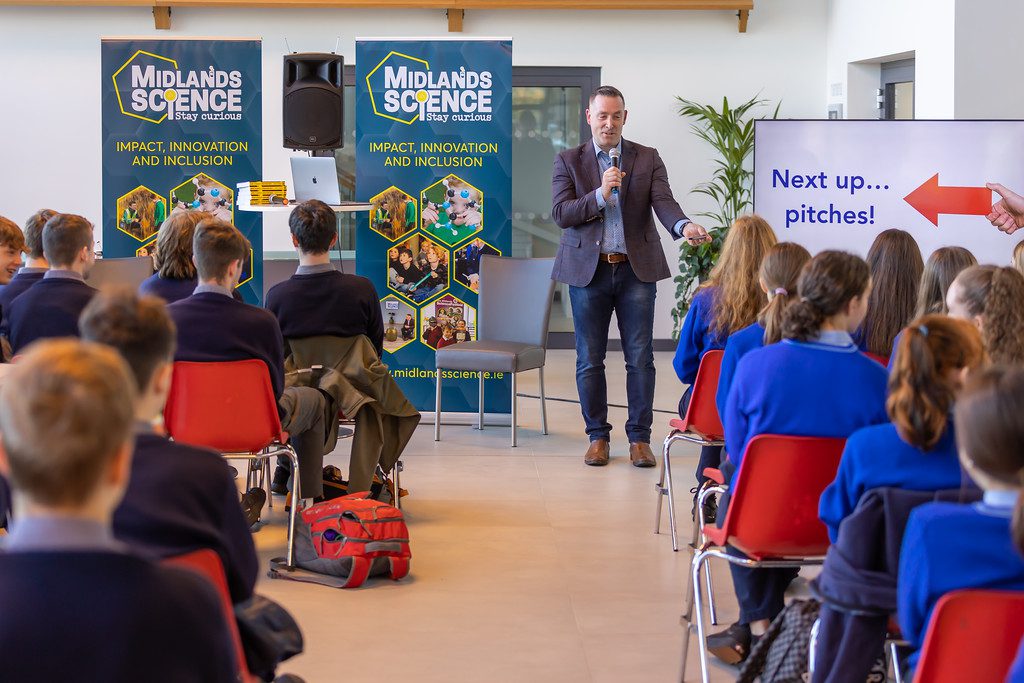
We have just received support for a new secondary school programme, Making Sense with Science, which is aimed at teenagers and links understanding science with the ability to discern information in the news and online and make better-informed decisions. This is a vital skill and a life skill, whether you go on to study science or not. This will mean looking at everything from the history of disinformation with examples like the Zinoviev letter, to how algorithms work, to unconscious bias.
I think the need for something such as this has really become apparent in the past number of years, as the intersection between health and wellness fads with social media, for example, has given some very sad examples of people making life-changing health choices based on bad information. We continue to evolve and develop programmes in response to needs in our community and are keen to see how adding this activity to our suite of programming will work out.
